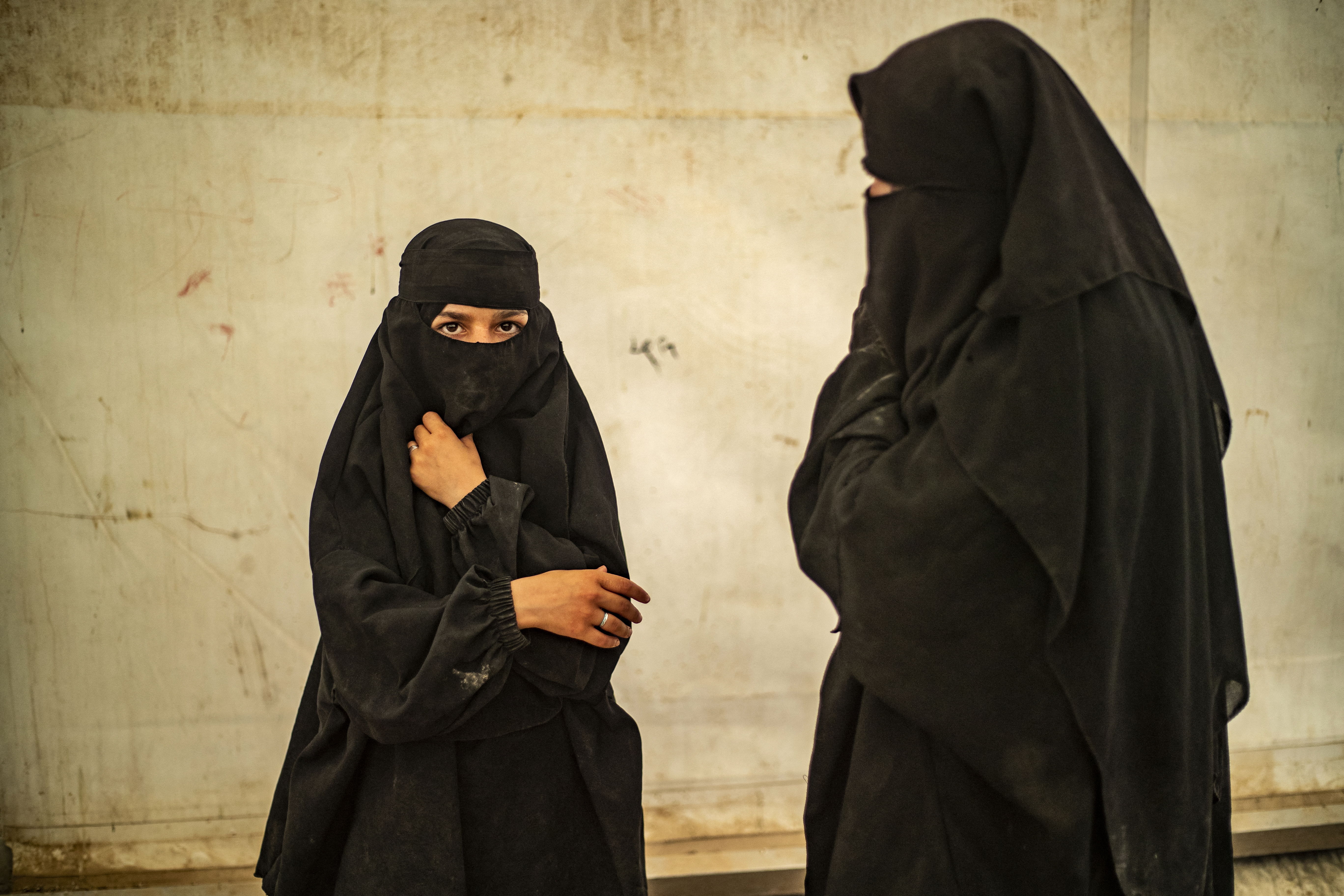Study finds Belgian courts were more lenient towards returned female IS terrorists than male

The Belgian court was more lenient towards female Islamic State (IS) terrorists than male members until 2016, according to an analysis of 283 court rulings in Belgium, France, Germany and the Netherlands published this week.
Researchers from the International Centre for Counter-Terrorism (ICCT) scrutinised hundreds of judgments and rulings surrounding female jihadis. In Belgium, it concerns all terrorism cases between 2012 and 2022, handled by the federal public prosecutor's office, in which women stood trial.
Those 120 verdicts - on 118 women, as two cases involved recidivism - were analysed by Thomas Renard, the Belgian researcher and coordinator of the investigation.
As of August 2023, about 100 women were on the Coordination Unit for Threat Analysis terrorism list, all with links to jihadism.
Returned Belgian citizens
Women represent 20 per cent of the 430 Belgian citizens or residents who travelled to Syria or Iraq since 2012 to join IS or another terror group. Some women returned early in 2014, while others stayed until the fall of the caliphate.
The survey showed women were 25.8 years old on average. The majority of the women had Belgian nationality, and a limited number had dual Belgian and Moroccan citizenship. Only three already had criminal records, unlike the men, half of whom already had criminal records.
The first women to travel to Syria and Iraq were not prosecuted. Belgian authorities were originally lenient towards foreigners during the first wave of mobilisation for Syria and Iraq, for both men and women. That began to change gradually around 2013, and more fundamentally in the aftermath of the terror attack on the Jewish museum in the centre of Brussels in May 2014 - the first attack in Europe committed by someone who had returned from Syria. Only after the Paris terror attack in 2015 was systematic prosecution put into action.
It took until 2016 for the federal prosecutor's office to decide that female returnees should also be systematically prosecuted.
Debunking stereotypes
The study rejects stereotypes surrounding female terrorists, such as that they were girls in love who unthinkingly followed their husbands. The vast majority of women convicted since 2012 adhered to jihadist ideology. They also knowingly supported or joined a terror organisation, knowing it was committing atrocities.
Some of the women consciously and proactively contributed to propagating the terrorist ideology and attracting new members, sometimes even in their own families.
Of the 120 Belgian cases, a majority were convicted, with only 11 cases being acquitted. Most of the women were convicted of membership of a terrorist organisation, which carries a maximum sentence of five years. The one exception was Fatima A, who was accused of being the leader of a terrorist organisation and received a 15-year prison sentence.
© PHOTO DELIL SOULEIMAN / AFP